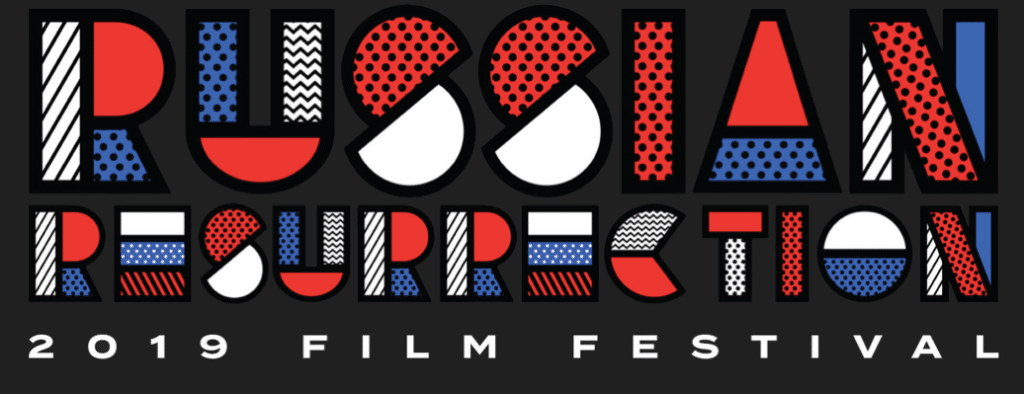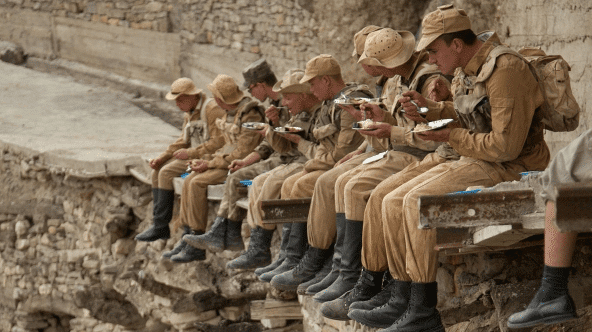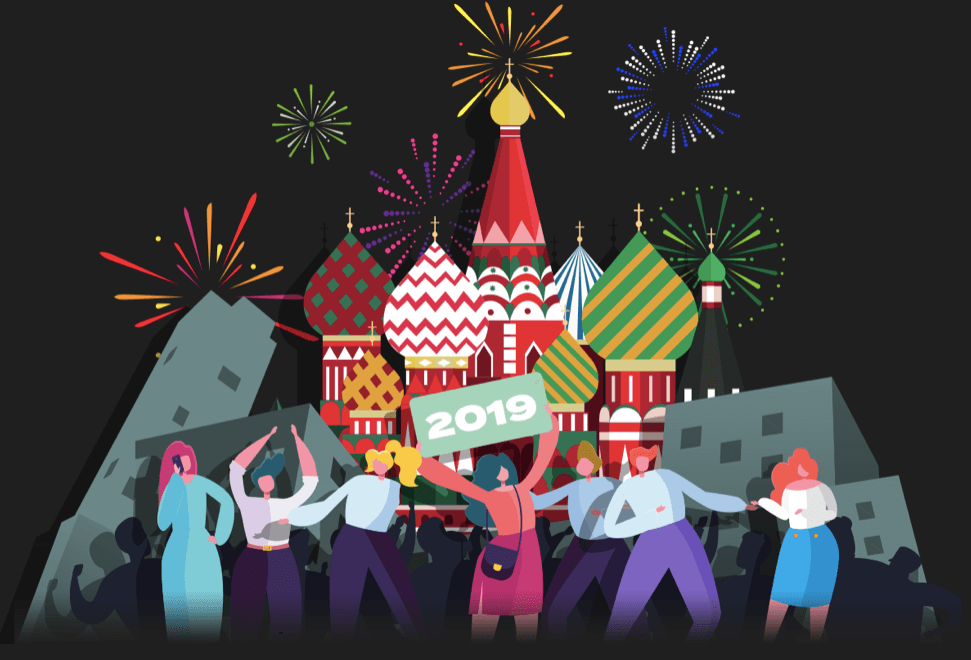To end a war is much harder than to start one, and then, what are we left with but death… even within those who survive.
War films have always been very intriguing to me, both from a historically educational point of view and in terms of acting and filmmaking. I guess you could say they are a guilty pleasure of mine, though that sounds almost wrong to say, due to the subject matter they present, often depicting real people and events. This film however, from it’s slow burn narrative to its, at times, jarring subject matter, was not a high octane, “pleasurable” experience. That’s not to say I didn’t enjoy it for what it was, but I found it to be more of a documentary-like experience.

Leaving Afghanistan, or “Brotherhood” as it is titled in Russia, is a modern war film from seasoned writer and director Pavel Lungin, based on the true story of the extraction of Russian troops from Afghanistan in 1988 in an attempt to end the Afghan-Soviet war. I was interested to see how this subject matter would be tackled from the Russian perspective, especially when addressing a war that is quite recent, still racially and politically affecting both countries involved. I was pleasantly surprised that Lungin seemed to take a very non-biased, non-propaganda approach and chose to focus more on the human condition and how a traumatic experience such as war, emotionally effects different classes of people on both sides of the conflict. I believe that the strongest motif, the one that drove the narrative, was that of fear; how fear can produce cowardice, how that cowardice affects people’s actions and how sometimes those actions are mistaken for strength. These core themes were supported by a few solid performances, the stand out being that of 29 year old Ukrainian newcomer Anton Momot who played “Greek” and tackled his character arc head-on, to admirable effect. As it was quite a large ensemble cast, some of the other characters felt two dimensional, and the acting seemed a little wooden, or forced at times, thought that could be an unfortunate effect of the language barrier.
On a more technical level, my main concern with this film was the pacing. Whether the was an issue from the ground up or the fallout of postproduction, I found myself confused quite often, at least in the first half, in regard to the timeline and which characters were which. But again, that could have been an example of lost in translation. Cinematography wise, hand held was utilized throughout a great portion of the film, with both positive and negative repercussions. I think it goes a long way towards immersing the audience in the chaotic, claustrophobic and anxiety fuelled world that the soldiers are constantly living in, but there are also limits to the artistry you can achieve with a hand held camera, and at times, such as during conversations, I found the constant movement a little distracting. On the other hand, the abundance of this filming technique can be forgiven when in context, as much of the film, especially the fight scenes, were being recorded by a military paparazzo. So when watching all the handheld sequences it is as if the audience is watching that cameraman’s footage, which once again comes back to the documentary type feel of the film. Despite this I was impressed with some of the shots, and the commitment to on location shooting, which made everything, especially the action, more authentic.

Much like any true to life war film, especially those of the modern day, the reality of war as depicted in Leaving Afghanistan, and the casual nature to which lives are taken and lost, can be quite jarring. This, along with the slow paced narrative may result in a viewing experience that isn’t for everyone. But if you can get past that, I believe this film is quite significant, as it shows a rarely seen perspective on a war that is rarely covered in mainstream media today. This was also my introduction to Russian cinema as a whole, which I find that, much Like French and Italian cinema, has its own unique and interesting language.
⭐⭐⭐ 3/5 Stars
Checkout what other films are showing at the Russian Resurrection Film Festival here
EAMON KINGSTON
Eamon recently graduated from the acting course at New York Film Academy Gold Coast, and has been let loose into the big wide world to find his way in the confusing maze that is the film industry. In his Eamon’s words “I have a passion for film, obviously, but also music, art and football (soccer, because this is Australia). I look forward to giving you my thoughts on all the latest films, and I hope you enjoy what I have to offer.” Keep up to date with Eamon on Instagram @eamonkingston and on Letterboxd.com.

